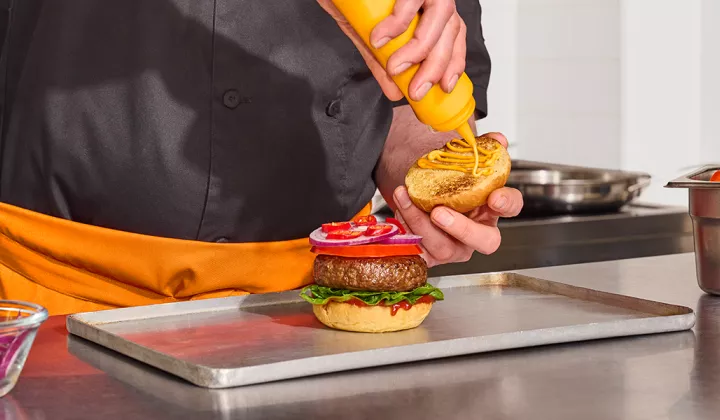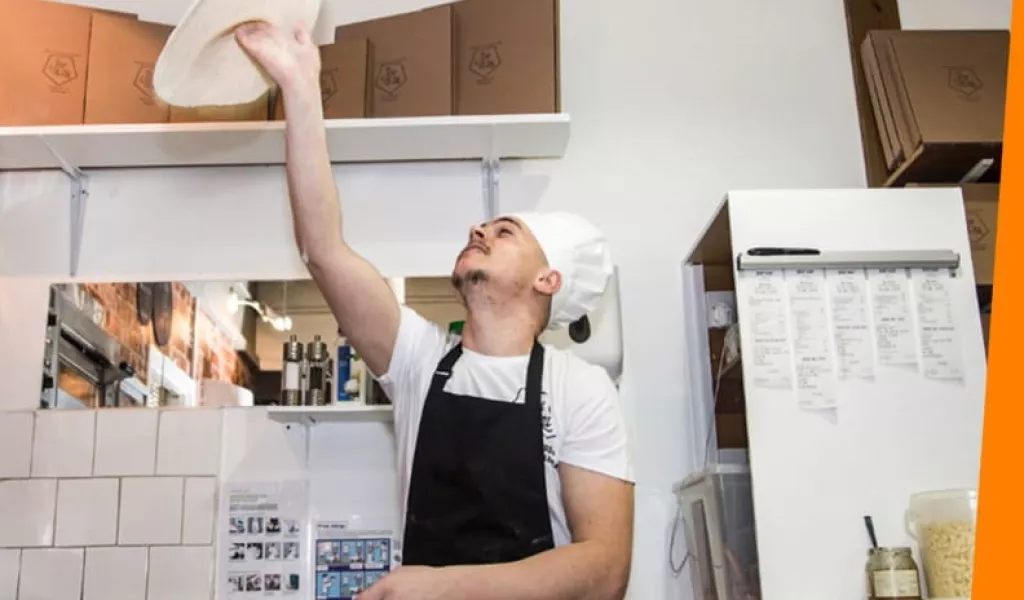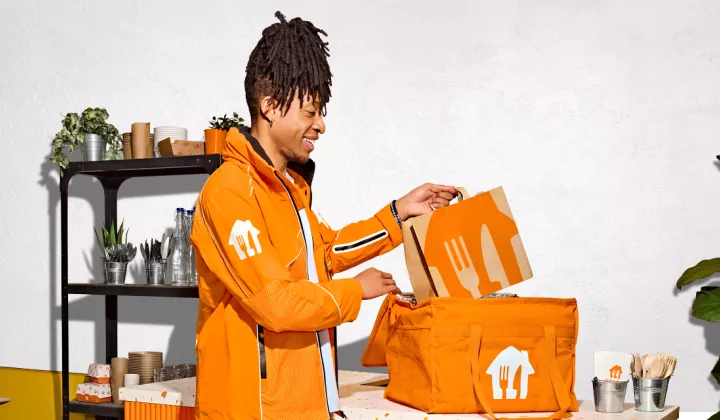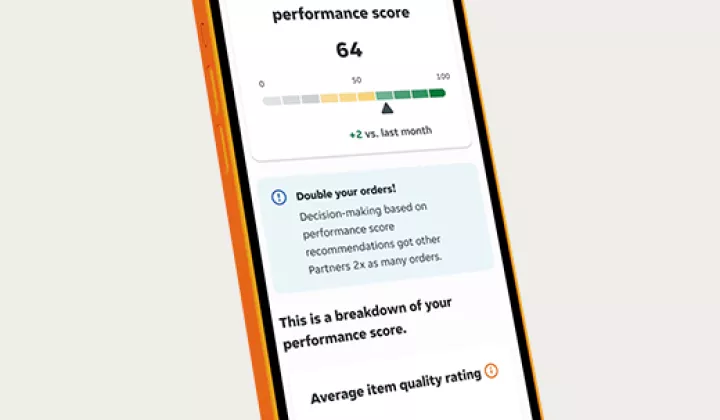
On this page
What you'll get from this article:
Find out about opportunities for sustainability with Just Eat
Tips from Joe & ’Za owner Iftekar Hossain
How Joe & ’Za stays sustainable
Joe & ’Za owner Iftekar Hossain has always been passionate about engaging his customers and the local community in becoming more environmentally friendly. From using eco-friendly packaging to tackling food waste, Iftekar has taken a number to steps to help his business become more sustainable.
Your business can can also take advantage of the same opportunities for sustainability through your partnership with Just Eat.
Top Tips for a Sustainable Restaurant
- Look for small changes and quick wins e.g. switching off appliances when not needed
- Be prepared to invest in some bigger changes too e.g. training your kitchen staff in food costing and knife skills
- Stay in touch with your peers and other local businesses; learn from each other!
- Talk, talk, talk. Communicate your ideas and get feedback. Many diners are becoming more aware, care more, and want to see their restaurant being environmentally friendly e.g. reducing plastics, reducing food waste.
- Always listen to your customers, they will appreciate it


